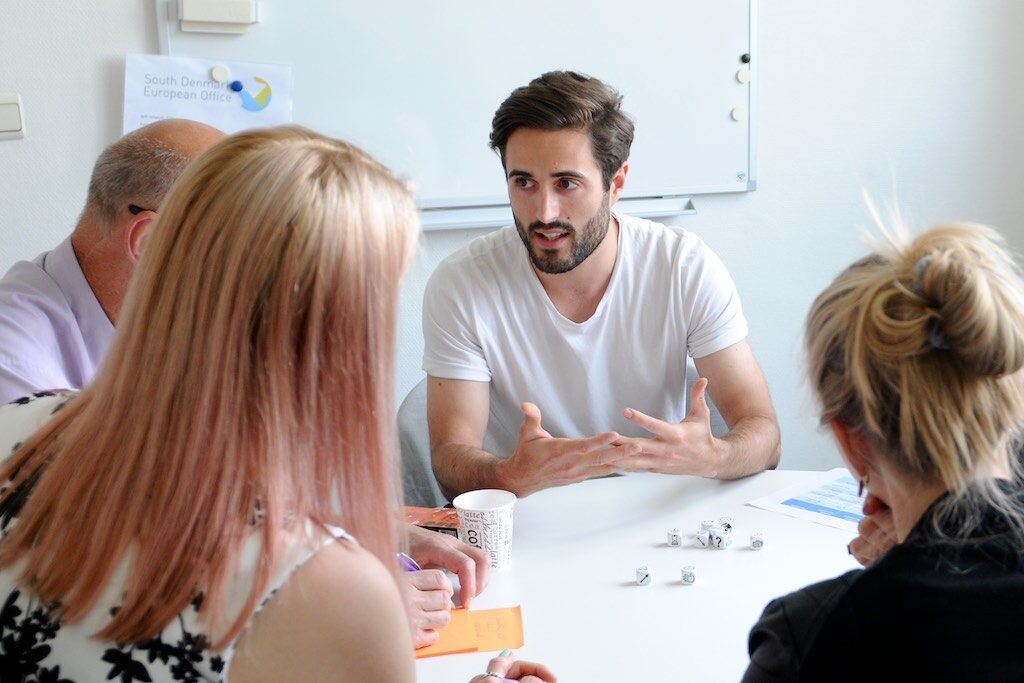questions for facilitators
Before starting the training course, it’s a good idea for facilitators to consider certain questions and situations that might arise during the training, and which may need your attention and action.
Here are some good initial questions to ask, based on the project partners’ testing of the training material:

How much knowledge do the target group have on co-creation?
What will you do if someone thinks they are using co-creation, but they are not?
What could be the advantages of attending the course with other people of the same institution?
Is the target group homogeneous or heterogeneous?
How to get participants motivated?
How to reach the participant group?
How to plan activities?
What is the best (most appropriate) number of participants?
What will you do if someone has a disability and needs to have a carer with them, or cannot move around easily?
Are there pre-requisites to attend this course?
What is the expected impact of this course in the institution / organisation?
As a trainer, your own perspective may alter during observation of participants. What is your stance, and does this become re-framed as part of the process?
How will the location and conduct of your course be framed / configured so that participants feel able to co-create and learn about philosophy (specific to their need)?
Can you run a co-creation project parallel to the training (e.g., have a case through the whole training?)
How would you react in case of conflict in the group?
How would you manage dynamic changes to the group (i.e. conflict, new attendees, lack of experience of the developing mindset or perspective on philosophy?)
What size group should you have? What length should the course be? Who should attend?
What do I need to know about the participants? And how do I get information prior to the course / meeting the participants first time?
What is your own professional posture and attitude (e.g., expert vs facilitator) and how can you support reflection and shifting attitudes?

